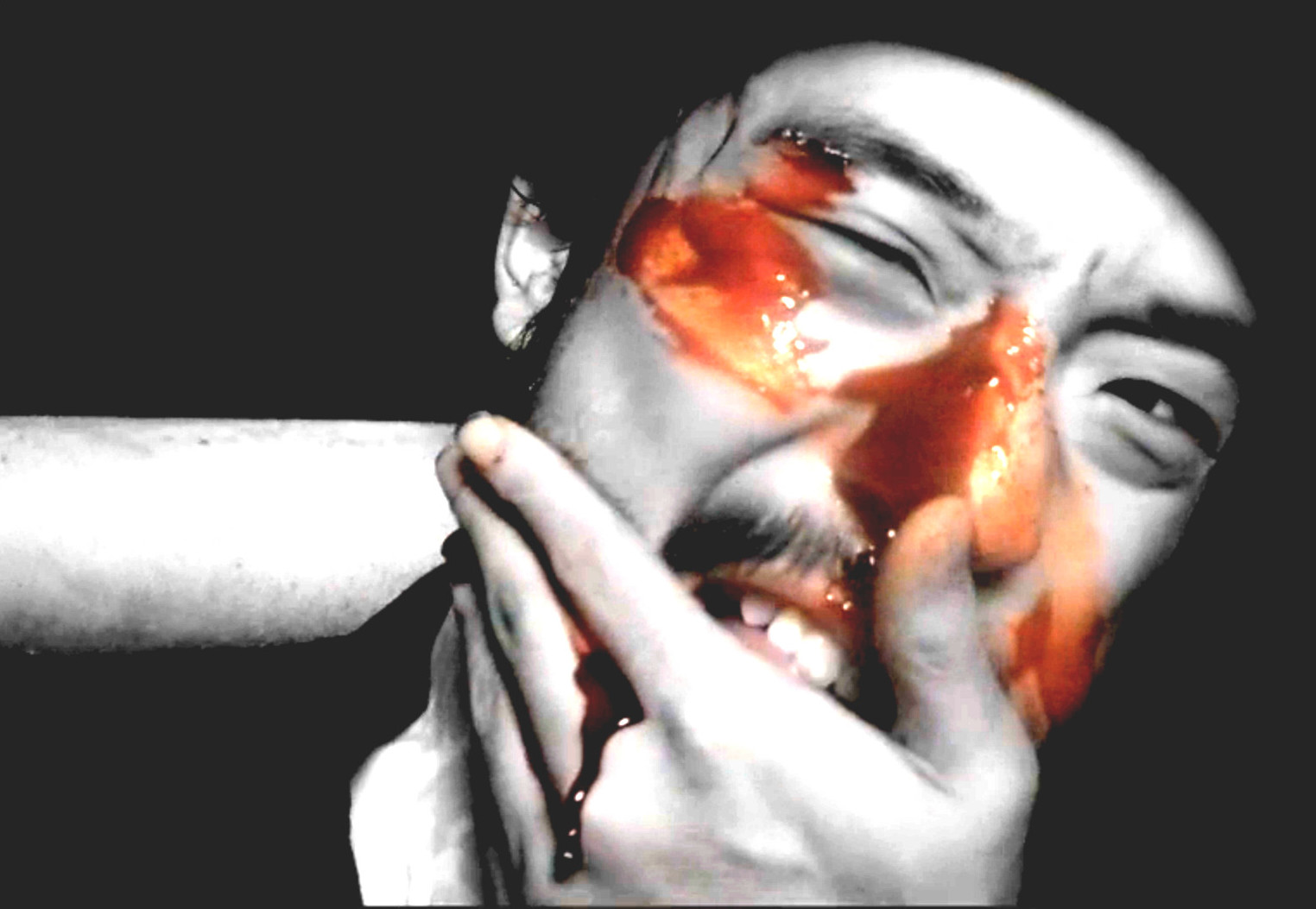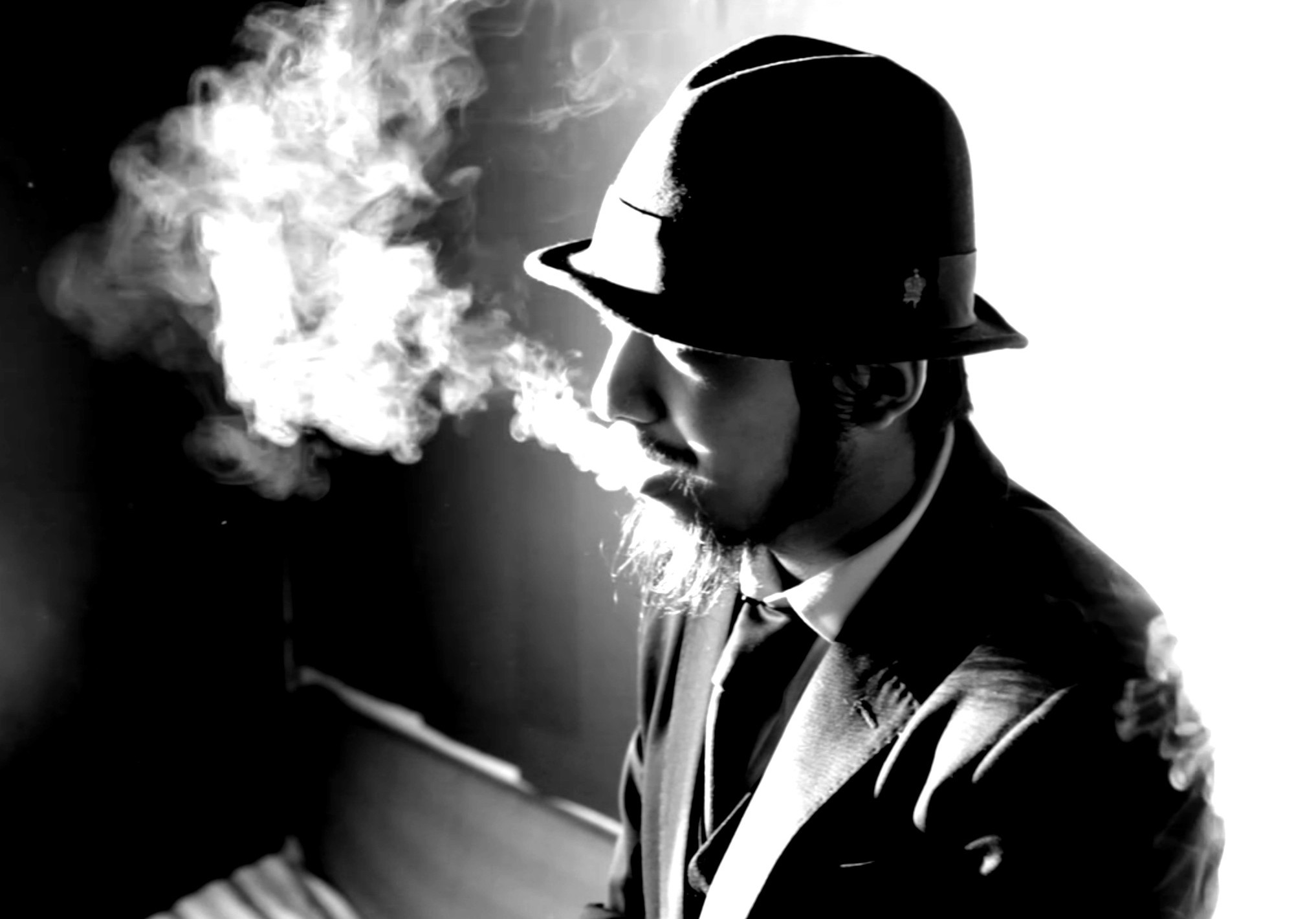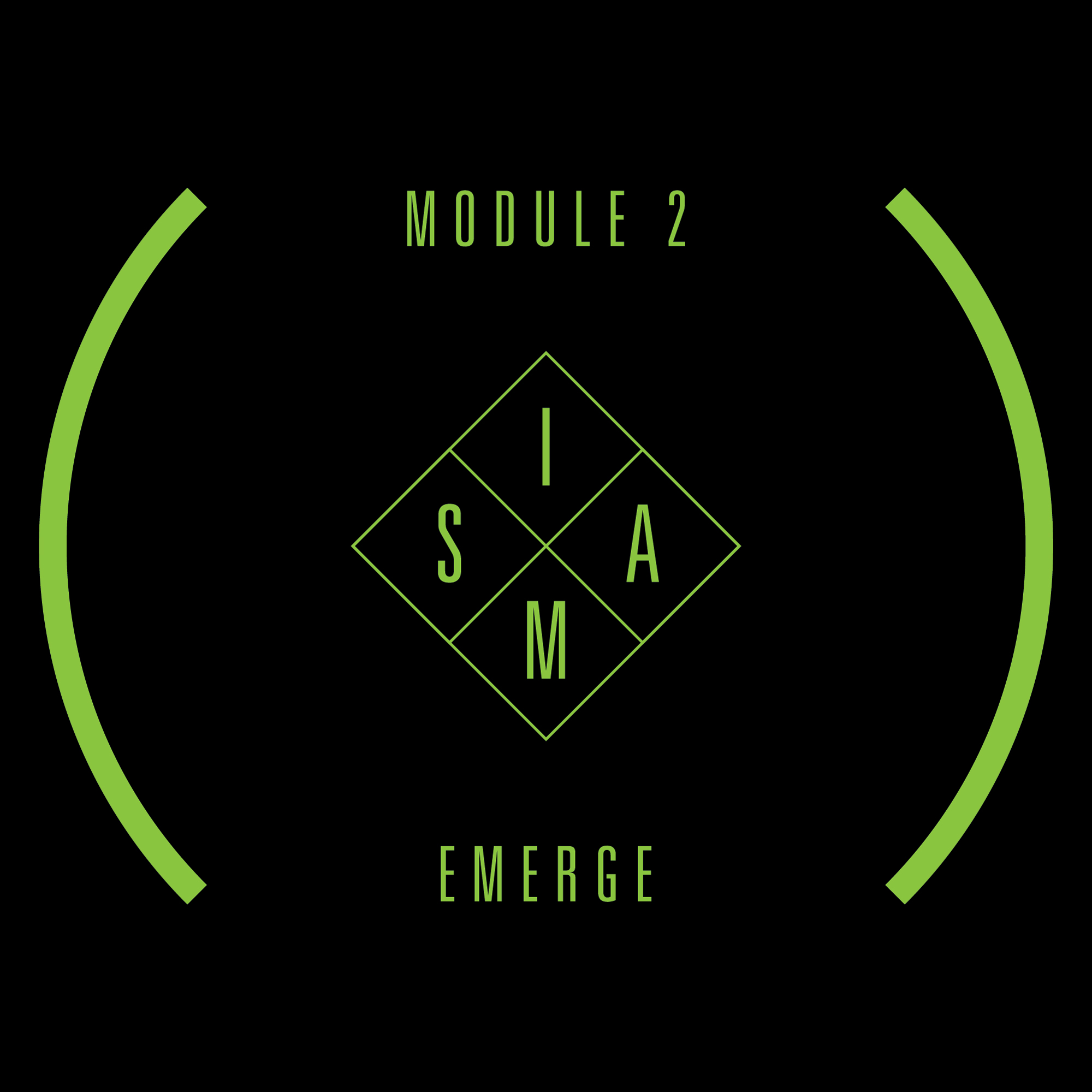On the Edge Interview
By admin, 2010年 11月 21日
This is a guest contribution from Beijing-based journalist Benjamin Haas.
Before touching down in Beijing last week, the majority of nine-piece Australian art collective On The Edge had never met one another, and the project they were brought to China to produce is this weekend. The DJs, videographers, MCs and music producers gel to generate an interactive piece of performance art that will be held at the Sanlitun Village.
Brought here on a grant from the Australian government, On The Edge is part of the Year of Australian Culture in China (澳大利亚文化年). Since arriving in the city, the group has gathered hours of video, hundreds of photos and a glimpse of China. They will be meeting with local artists to collaborate and exchange ideas and have two warm-up performances schedule leading up to the main event. With nine members it’s hard to pin down one concrete theme, but the collective hopes to look at change and space and how everyday Beijingers feel about the environment they live in.
On The Edge’s performances feature everything from paintings that generate music to lasers that represent sound. I recently sat down with some of OTE’s members to talk about their plans for the future and the problems of developing a show about a culture they have only known for a week.
pangbianr: What is the major project that you’re working toward and what guiding themes hold the group together?
Richie: We’ve got three main gigs, there’s one at the Sanlitun Village this weekend. There’ll be four hour-long shows, two in the day and two at night. That’s the main focus of us being in Beijing. But wherever we are we tend to get involved with lots of other things. So, we’ve got three club gigs leading up to that. It’s an interesting mix of what we do, because we have some traditional art practice, we’ve got some mainstream musical content and we’ll have interactive are with cultural content. It’s not just a straight-up music show; it’s somewhere between a standard musical performance and a crazy art event.
Davros: Essentially, thematically it’s reactions to us as new media artists coming into the context of Beijing. Seeing the way the city operates coming from our individual cultural backgrounds. We’re pulling together responses to the city that we then craft with our own particular storytelling narratives or visual style. We’re looking at ideas of change, environment, place, home and then putting that together with lyrics that are being written my Mantra. It’s as much a skill exchange between artists as it is an exploration of the themes.
Shakthi: There’s a certain philosophy about the way we use technology as a tool to make it more accessible for lots of people to speak out. We work a lot with communities around Australia. All that parallels with trying to use open-source technology as much as possible to make this easily accessible.
pbr: What can people expect from the two workshops you have scheduled in the city?
Davros: One of the workshops is going to be run by Robin Fox, who is a laser oscilloscope artist. He works a lot with noise splitting, noise to RGB and basically noise-visual interaction.
Rhys: We also have a programming workshop scheduled and what we were going to do for that is a skills exchange with people we meet, rather than just throw it out there for everyone to sign-up, because we don’t have that much time to do a full on workshop. I’ve already got some software that I’ve written that uses ultrasonic sensors and I’m going to use that to generate some animation that we’re going to use in the show at the Village. It’s looking at using technology to generate graphics.
pbr: You just mentioned a lot of aspects of China that, while a part of the local culture, are not entirely representative. What about Starbucks in the Village or any other of the cosmopolitan aspects of Beijing, isn’t that China too?
Mantra: That’s something we conscious of and we don’t want to only present that. One of the main issues we’re trying to deal with is the idea of change and environment. The local environment has changed. We know over the past 20 years Beijing has become vastly different and we’re going to try to introduce as much of that as we can.
Richie: But it’s been difficult to get Chinese people to express their opinion on particular subjects. With the video project, it was easy if you gave them what you wanted them to say, but they weren’t so forthcoming on other issues.
Mantra: They were more interested to speak on personal issues.
pbr: What kind of questions were you asking?
Davros: How do you feel about change?
Monkey: How do you feel about the environment and culture?
Davros: When we were filming, if we asked someone a long question, they were really hesitant to response, but if we just asked, ‘Can you say the word change?’ They would say ‘Of yeah yeah,’ and then someone else would come along and ask, ‘Can I have a go?’ But if you asked them to expand on that…
Mantra: Which is funny, because in Australia you wouldn’t get that enthusiasm to be involved. You wouldn’t have anybody coming up and saying, ‘Can I have a go?’ Except maybe and insane person walking down the street naked with a beanie on or something like that.
Davros: But going back to your original question, although we’re performing in the Village and gathering content there, so far the best content we’ve got has been when we’re in one of the really crowded markets. The response from the market stall owners has been amazing; they’ve been so keen and so happy to be talking to us. And then when we were in Tuanjiehu Park the other day, we’ve found that the best responses we’ve got is when we’re down at a lower level.
pbr: Do you think your work will be better received here or back in Australia?
Rhys: We went out to a break dancing night at a bar and music is a universal language. They were playing foreign hip-hop and they had Chinese hip-hop as well. And the other day we were on a bus coming home from 798 and we saw some guys out the window doing break dancing. If Chinese people are interested in that particular thing, like if they like hip-hop, they come and see our show and have a good time.
Davros: If we did this back in Australia and presented it as a DJ-VJ set, there would be a lot of DJs, MCs and VJs in the audience picking it apart; there are a lot of haters in Australia. But I think general enthusiasm from the public here would probably be higher than back home.
Mantra: And we also don’t have a reputation preceding us here.






